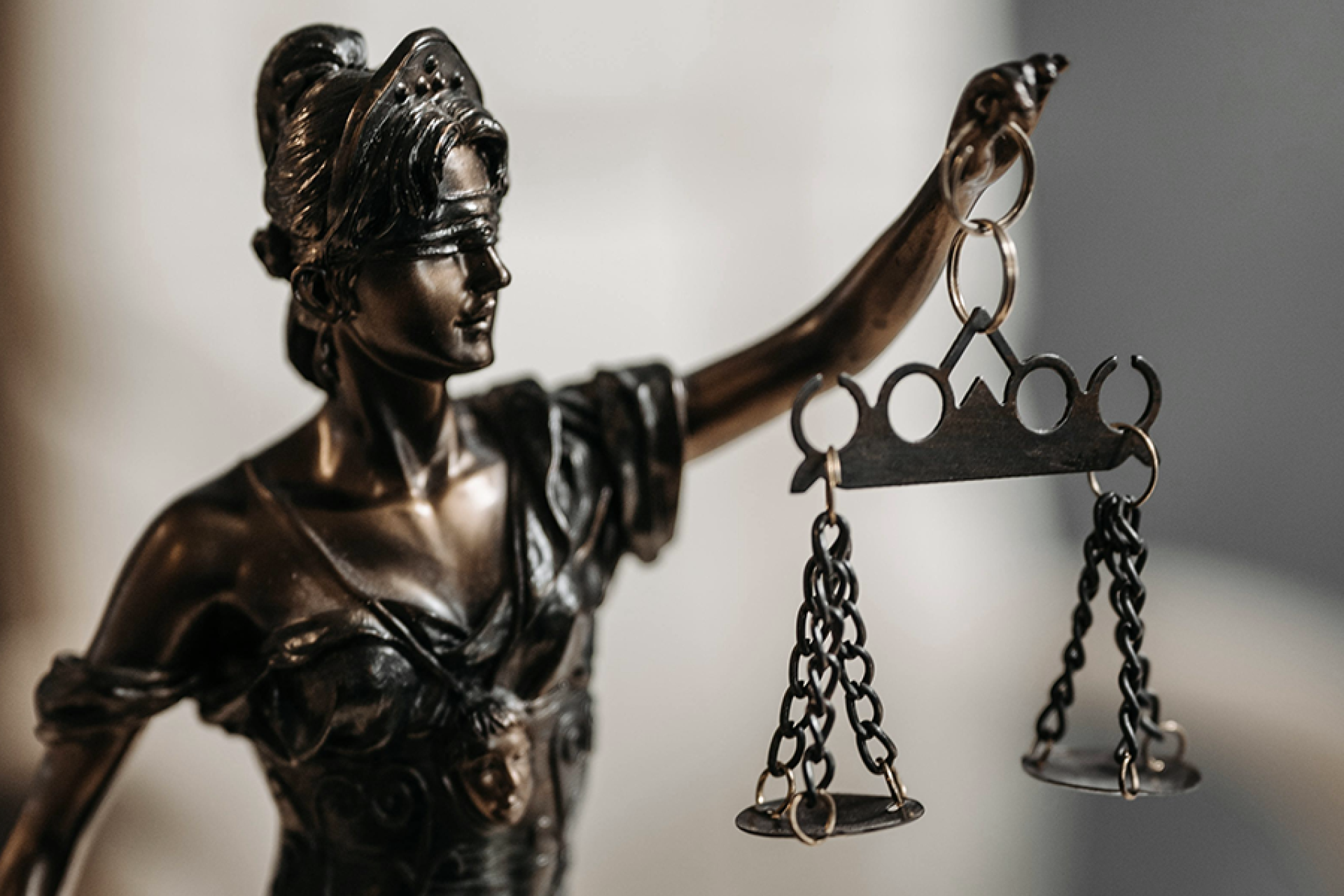Balancing justice and privacy in Scottish rape trials
The project led by Professor Sharon Cowan (University of Edinburgh), Mr Eamon P.H. Keane (University of Glasgow) and Professor Vanessa E. Munro (University of Warwick) revealed how Scottish courts currently handle the admission of complainers’ sexual history and character evidence in rape and attempted rape trials. The findings highlight significant progress since earlier studies, but also expose continued inconsistencies in how legal protections are applied. The research provides a timely and robust evidence base to guide future reforms, ensuring survivors’ rights are protected while upholding the integrity of the justice process.

Background
Scotland’s “rape shield” laws, developed through common law and sections 274 and 275 of the Criminal Procedure (Scotland) Act 1995, are designed to protect complainers from the unnecessary disclosure of evidence relating to character or past sexual history during court proceedings. However, concerns raised in a 2007 study suggested these provisions were being undermined by routine disclosures and weak judicial scrutiny. Since then, there had been no comprehensive review of how these laws were functioning in practice.
The research
The study, commissioned by Scottish Government Justice Analytical Services, examined how evidence applications under section 275 are made and assessed in modern Scottish courts. Researchers analysed case files and court hearings, including historical trials, ‘live’ preliminary hearings and ‘live’ trials, and conducted interviews with 38 stakeholders, including complainers, legal professionals, police and victim support staff.
Impact of findings
The research found that some progress has been made since 2007, with legal counsel now less likely to make applications relating to irrelevant evidence, and judges and counsel more likely to challenge the relevancy of such evidence . there is greater judicial awareness and rigorous application of the legislation and common law that limit the use of evidence about a complainer’s sexual history and character, and fewer unjustified disclosures of this type of evidence. The views of complainers are increasingly considered in hearings about whether and how sexual history and character evidence is used, reflecting a shift toward more complainer-centred practice. However, a significant degree of confusion persists about when an application to introduce this type of evidence needs to be made, and what detail it should include. In addition, outdated gender stereotypes can still undermine a complainer’s credibility, and in some instances irrelevant sexual history is admitted. The study confirms that while the legal framework is implemented more rigorously than before, its application is not yet uniform.
Recommendations
To address these inconsistencies, the researchers called for enhanced training for legal professionals and judges on how to interpret and apply the law, and highlighted the need for continued judicial oversight to ensure decisions are made consistently. They also recommended more robust data gathering and monitoring by criminal justice agencies of the use of such evidence. The researchers identified the need for more trauma-informed processes and, in line with the Victims, Witnesses and Justice Reform (Scotland) Bill, supported proposals for the independent legal representation of complainers in court hearings relating to applications to introduce sexual history and character evidence .